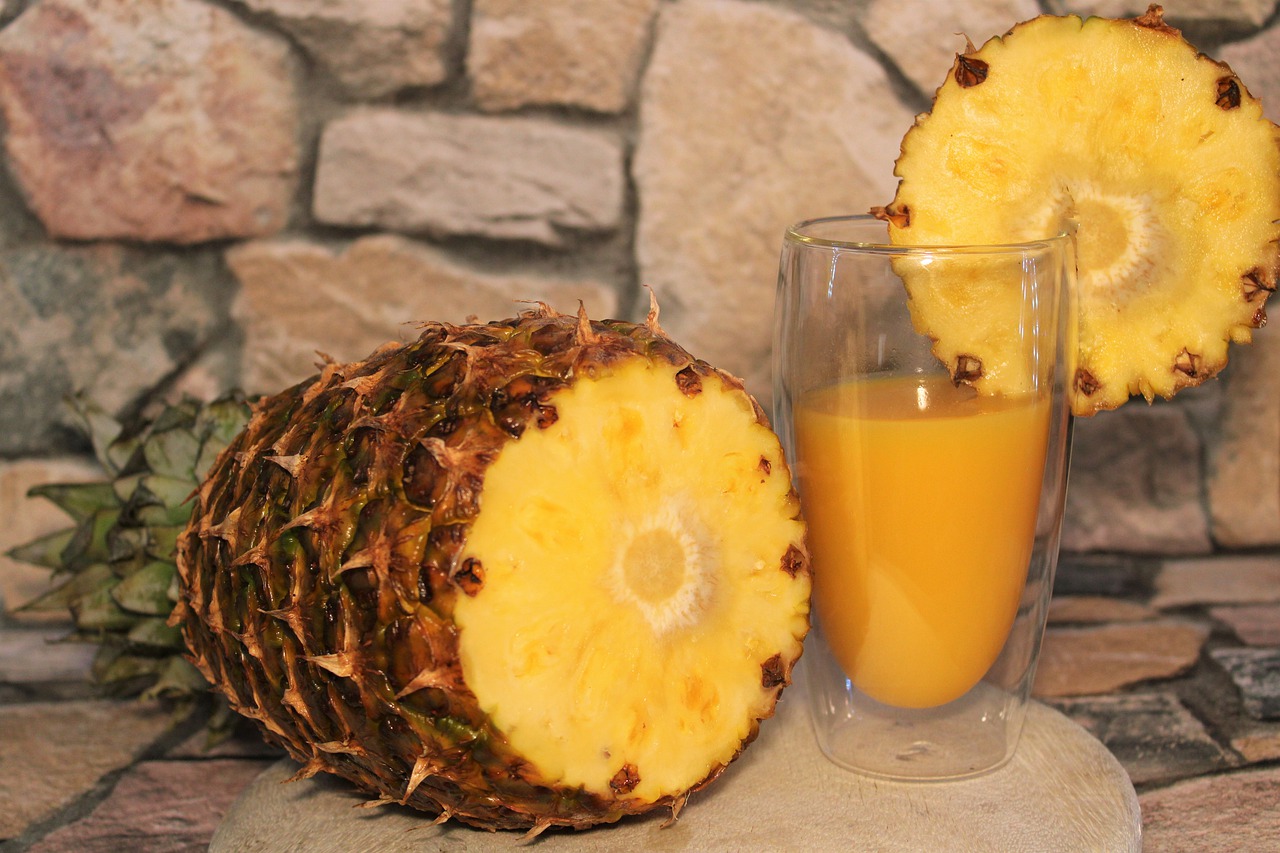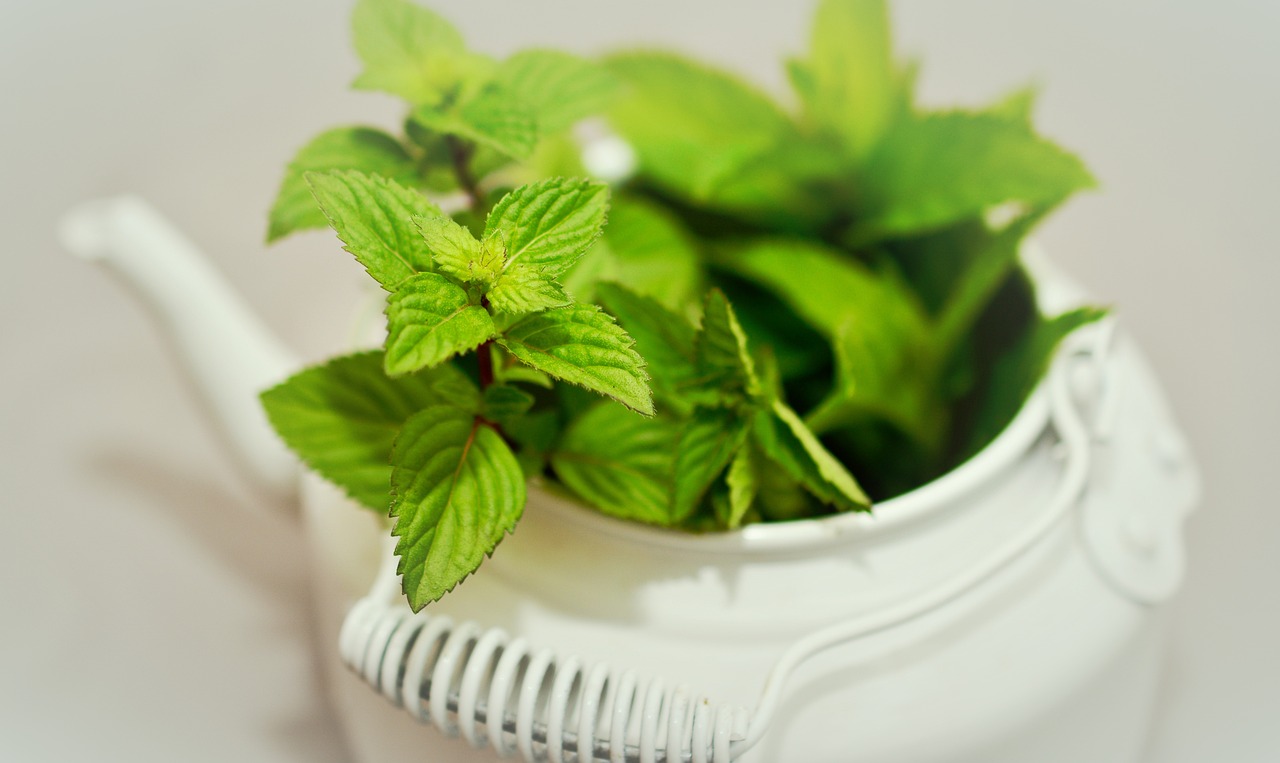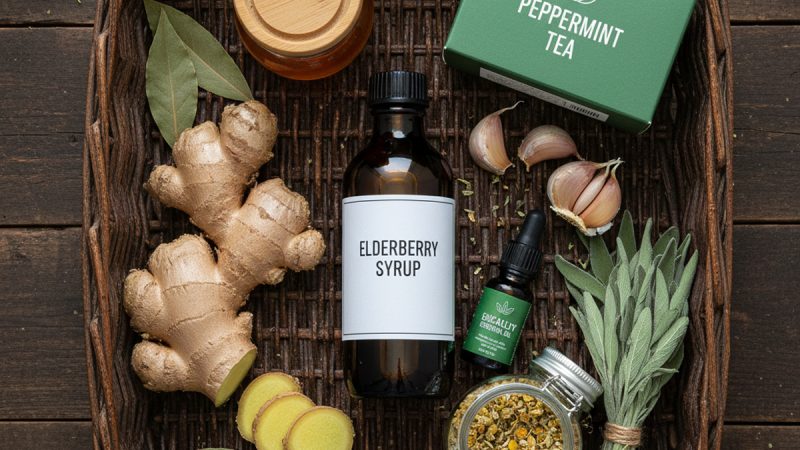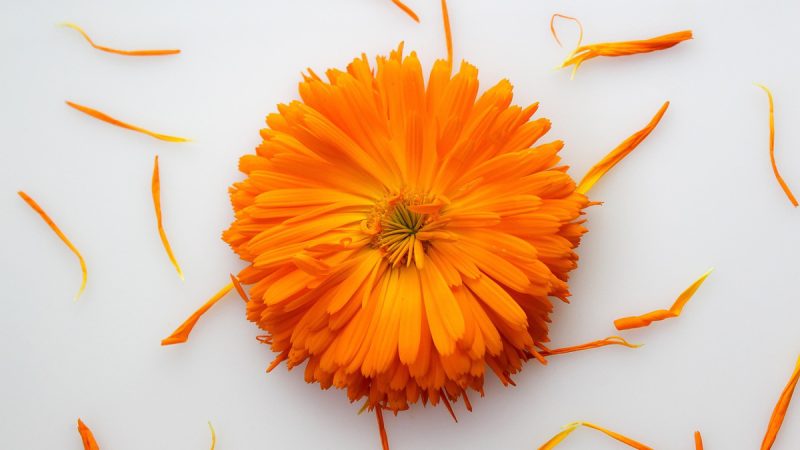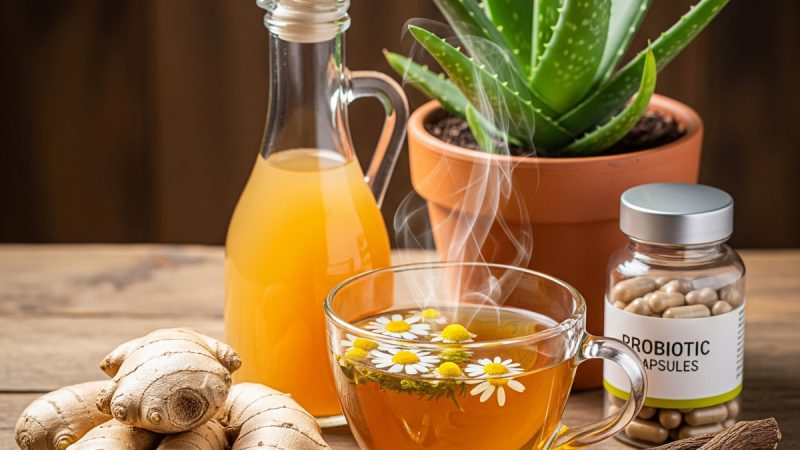Nutritional and Herbal Aid for Bronchitis
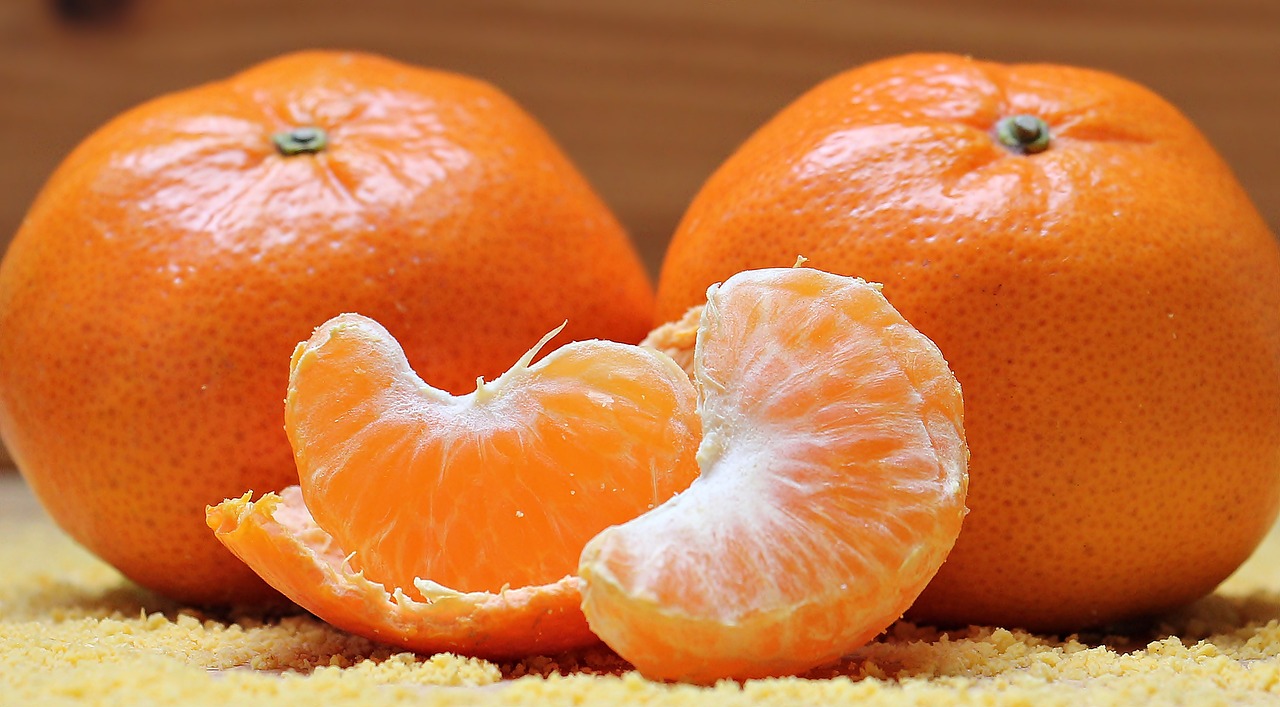
Bronchitis is a common respiratory disorder in which one or more of the lung’s airways (bronchi) become inflamed, irritated or infected. As the lining of the bronchi swell, mucus builds up, causing an irresistible urge to cough and clear the throat.
It generally occurs in the winter and typically follows an upper respiratory tract infection such as a cold or the flu. Most healthy people recover fully in a week or two, although the cough may linger for several weeks. In some cases, however, the condition can lead to pneumonia. It is not generally a serious health threat unless it occurs in the frail elderly, those with heart disease or a chronic lung disorder.
Bronchitis comes in two forms. The most common form – acute infectious bronchitis – which can be triggered by a bacterial or viral infection or an allergic reaction to something inhaled. Chronic bronchitis is the more serious form and is defined as; symptoms lasting three months or longer and occurring two years in a row.
The symptoms of bronchitis are a slight fever, build up of mucus, muscle and back pain, fatigue, sore throat, difficulty breathing, and often, sudden chills and shaking. A dry cough followed by the coughing up of mucus as the inflammation becomes more severe. In fact, ribs have been known to be broken from this cough.
If a cough following a cold or the flu lingers for more than a week, if you cough up green, yellow or brown sputum, if you experience a fever of 103 or higher, experience extreme lethargy or experience wheezing or difficulty breathing – call your doctor.
In addition to rest and adequate fluid intake; such as, water, herbal teas and soup, there are many nutritional and natural remedies that help ease the inflammation of bronchitis and loosen phlegm. Some of the more common are listed below.
Nutritional Remedies:
Beta carotene protects the lungs and soothes the mucus membranes. A deficiency of beta carotene and vitamin A increases the susceptibility to respiratory infections. Take 15,000 IU daily.
Vitamin C is an antioxidant that helps fight infection, protects the lungs from damage and promotes healing. Take 3,000 to 10,000 milligrams daily in divided doses.
Vitamin E heals tissues and improves breathing. Take 400 IU twice daily.
Zinc helps bronchial healing. Proper immune function and tissue repair depends on adequate levels of zinc in the body. Suck on zinc lozenges – follow package directions.
Colloidal silver is a natural antibiotic that destroys bacteria, viruses and fungi and promotes healing. Take as directed on label.
Silica acts as an anti-inflammatory, reduces mucus flow and reduces coughing. Take as directed on label.
Herbal Remedies:
Rather than using just one of the following herbs listed below, alternate several to get all of their healing benefits.
Astragalus, garlic, myrrh and pau d’arco are natural antibiotics. **Caution: Do not use astragalus if a fever is present.
Black radish, chickweed, ginkgo biloba, lobelia and mullein improve lung and bronchial congestion and circulation.
Coltsfoot, slippery elm bark and wild cherry bark sooth the throat and are good for a cough.
Fenugreek is good for reducing the flow of mucus.
Goldenseal has antibiotic actions and is good for all conditions involving inflammation of the mucus membranes of the bronchial tubes, throat, nasal passages and sinuses. ** Caution: Do not take on a daily basis for more than one week at a time – do not use during pregnancy. If you have a history of cardiovascular disease, diabetes or glaucoma – use only under a doctor’s supervision.
Horsetail is a good source of silica which has anti-inflammatory and expectorant actions and reduces coughing.
Iceland moss is good for mucus congestion.
Siberian ginseng is especially good for the lungs. It clears bronchial passages and reduces inflammation. ** Caution: Do not use this herb if you have hypoglycemia, high blood pressure or a heart disorder.
Herbs that eliminate or prevent mucus and expel mucus from the lungs and throat are anise, black cohosh, coltsfoot, comfrey, mullein, thyme and wild cherry bark.
As with all nutritional supplements, they should only be used in amounts typically recommended for medicinal purposes and you should always consult with a health professional first, especially if you are pregnant, nursing or taking prescription medications.
The Author:
Age-oldherbs_com



